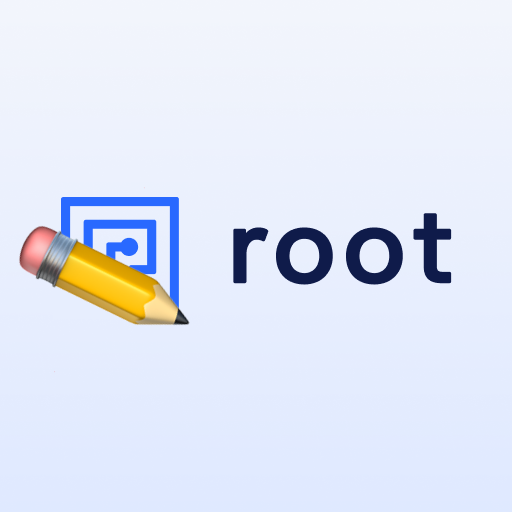Culture is something we get asked about a lot, so I'm writing this series of posts on the core virtues we practise at Root and that make us who we are.
At Root, standing on the shoulders of giants is something we do each day. We avoid spending time and energy innovating in areas outside of our core focus. We adopt the mindset that there is always someone smarter and more experienced that has solved a problem before, we just need to find them! This lets us double-down on what sets us apart – cracking the unsolved problem of bringing the $5 trillion insurance industry into the internet-age.
In practice, not reinventing the wheel means checking our egos, recognising that we’re not experts in every domain and finding the people who are. As far as possible, we implement tried-and-tested solutions, adapting to our context or unique situation.
We practise this virtue in every aspect of our business, from building new tech, to implementing new people management software for the team. Here are some of the techniques and habits that ensure we don’t reinvent the wheel:
How we tackle problems
We solve problems using first principle thinking – first understanding our why, then making known compromises, and focusing on our critical path by using or copying from experts.
We often ask: “Are we reinventing the wheel here, or can we just buy a tool off the shelf?” You’re not going to build an inhouse accounting system, so why build anything else that’s not your core expertise?
Build-vs-buy.
Research
It’s tempting to come into a project and suggest a ground up solution – starting from scratch and trying to build something cool and new. But it’s important to shift your perspective and realise that sometimes someone else has already solved the problem successfully.
Not reinventing the wheel means starting all projects by finding a world-class benchmark to reference, or a solution someone else already has in the market. If we know someone has done it well elsewhere, we talk to them first, get their insights, and learn as much as we can from any mistakes they may have made along the way. If we can’t speak to them, we find the documents they created or the articles they have published.
We always look to other organisations to learn and implement successful systems and solutions. For example, we love how Looker gives t-shirts to their customers. We admire the way it creates a sense of belonging and connection between the teams. We’re standing on their shoulders and freely handing Root t-shirts out as we grow the Root community. Here’s a picture of Root Day at the offices of one of our partners, Shackleton.

Document everything
We look for artefacts online, from other organisations, but also from within Root. Documenting everything we do at Root (check out our Move Fast and Ship Things post) saves the next person and team valuable time and effort as they inevitably confront the same opportunities or obstacles.
Creating a solid papertrail is key for learning and context as we scale. It means team members know how a problem has been tackled in the past, why it was solved in a particular way and how best to add value going forward.
Ask for feedback
Get a first draft out as quickly as possible, ask for feedback and then iterate at least four times before delivering to the end customer.
When you speak to people and ask for feedback early in the process it opens you up to more context and examples to learn from. It gives you more exposure to possible solutions and helps you decide on a path that might work for you. We can find solutions to problems so much faster when we start asking people for help sooner.
At Root, we rely on the people around us to help keep on track and make sure we’re not reinventing the wheel.
We’re looking for awesome people to join our team
If our Don't Reinvent the Wheel virtue resonates with you, look at our careers page to see if we have a role open for you. If not, you can apply anyway by selecting “Don’t see a role for you?” and we’ll get back to you when something suitable opens up!
.jpg)

